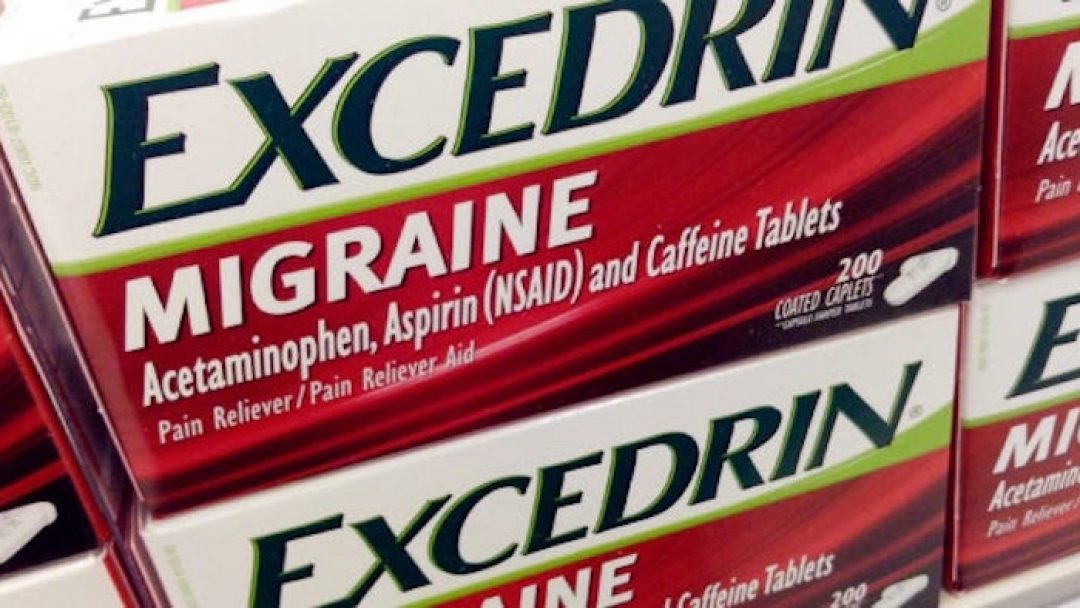The maker of Excedrin is temporarily halting production on two of the brand’s most popular headache-relief medicines, potentially affecting millions of Americans who suffer from migraines.
GlaxoSmithKline is discontinuing Excedrin Extra Strength and Excedrin Migraine because of what the company called an inconsistency in the ingredients in the medicines, specifically acetaminophen, aspirin and caffeine.
They expect that the issue will be fixed, and the products will be available again at some point.
“If you think Excedrin is only thing that works for you, the best thing to do is go talk to your pharmacist [and ask] ‘Are there other medicines I can take?’ because there are other over-the-counter medications,” said NBC News medical correspondent Dr. John Torres.
Migraine sufferers should also talk to their doctor about prescription medications, which work very well.
If you’re taking one medication so much that when you stop, you start having more headaches, beware of a phenomenon called a rebound headache or medication overuse headache, he warned. That’s when the pain medicine itself can cause more headaches, according to the American Migraine Foundation.
The brain can become dependent on the medication, Torres explained. People typically wake up with a headache in the morning and take a pill, which doesn’t provide relief for very long, so they take more medication when the headache comes back. The more they take, the worse the headache becomes.
“The key is to stop that medication, but that can make it even worse, the rebound, so you want to be careful,” Torres noted.
About 80 percent of adults suffer from headaches at least occasionally, said Dr. Laurie Knepper, an associate professor of neurology at the University Pittsburgh School of Medicine and a physician with the University of Pittsburgh’s Headache Center.
Headaches aren’t created equal. The pain can be dull and constant, throbbing or searing. They can be annoying, disabling — or, rarely — the sign of a life-threatening medical problem. Knowing which kind of headache you have can help you get treatment and relief.
A tension headache is felt all over the head; a migraine often on one side of the face; and a cluster is a “horrible pain” around the eyes.
Click here to learn more about Excedrin.








